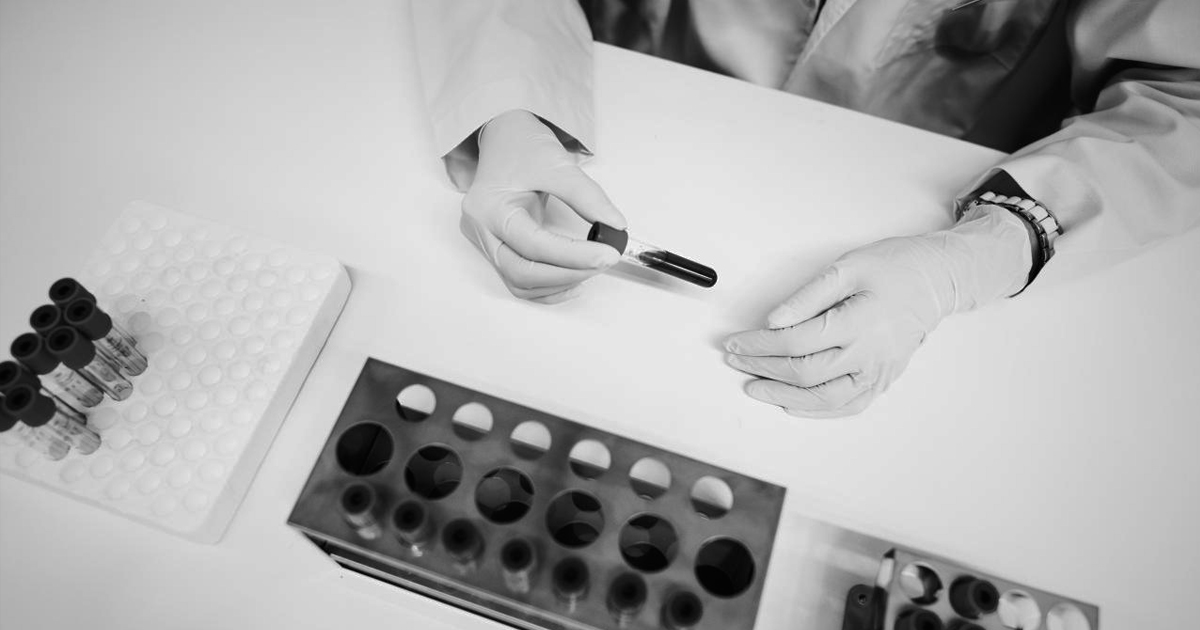Earlier this year the results of this study applied on mice were published in the journal Nanomedicine.
Through ingestible molecular traps made from mesoporous silica (MPS) particles introduced into the gut, an effect on food efficiency and other metabolic risk factors could be achieved.
The results of this study, applied in mice, demonstrated the potential to reduce energy absorption in the body, which could lead to new methods for treating type 2 diabetes and obesity.
“We chose an innovative alternative approach. Mesoporous silica particles (MSP) are a type of ingestible synthetic silica particles that can be produced with a large surface area and a range of pore sizes,” explains Tore Bengtsson of the Wenner-Grenn Institute at Stockholm University in Sweden.
The hypothesis raised that particles could be used as "molecular sieves" in the gut to trap and block digestive enzymes that break down food and thus reduce energy absorption in the body. To perform the corresponding tests, the mice were fed high calorie and fat diets combined with MSP. The results showed that MSPs reduced food efficiency by 33% which meant lower weight gain in rodents and a positive effect on metabolic profile.

“The data presented in this study suggest that tailored MSPs could be used to treat obesity and diabetes in humans, especially when taking into account their excellent safety profiles. Since we completed this work, clinical trials have been devised and are now underway,” explains Bengtsson.






